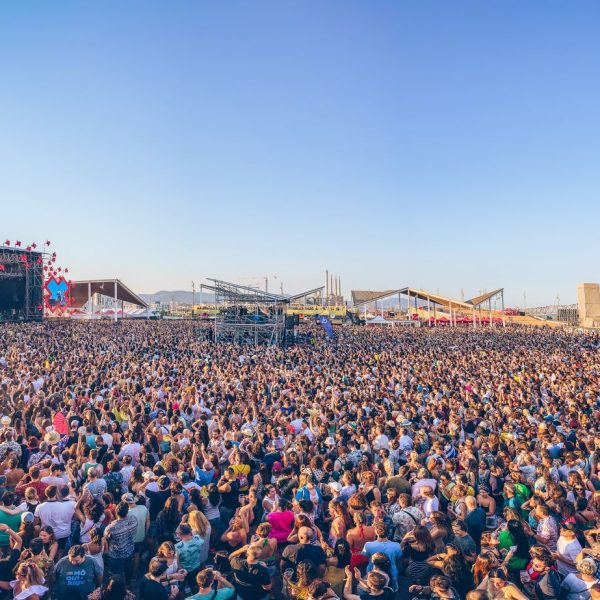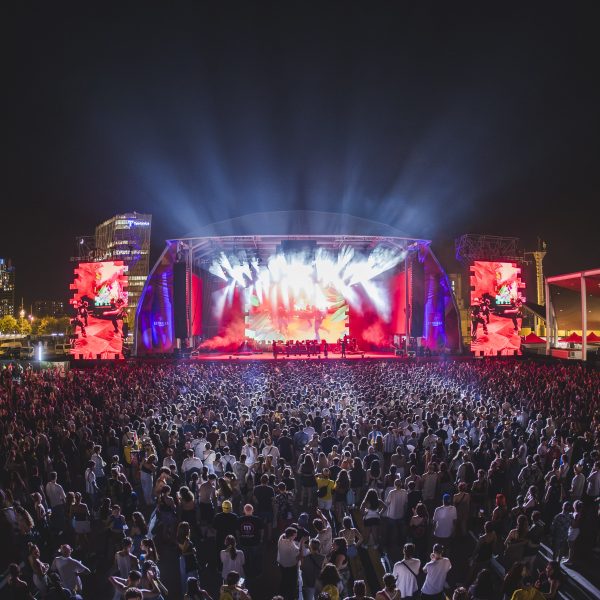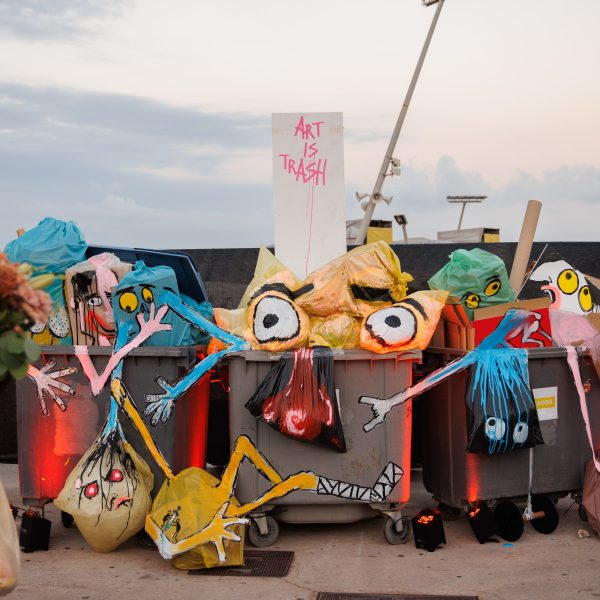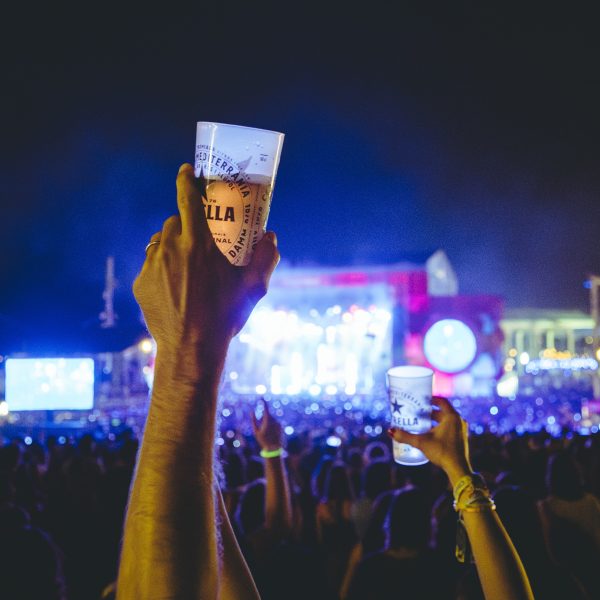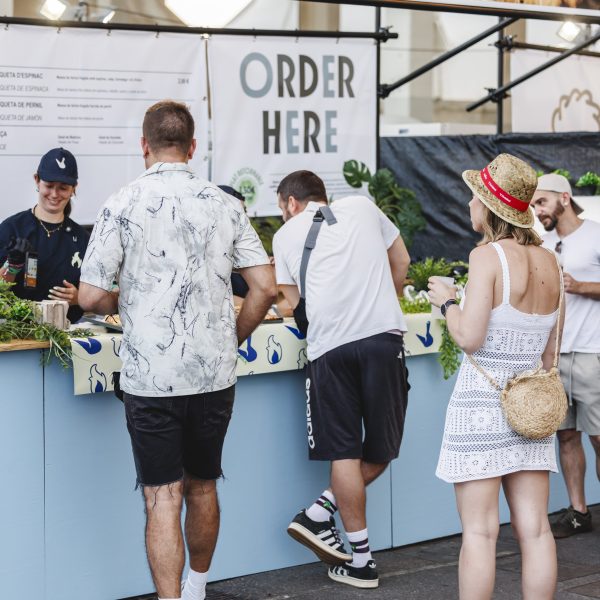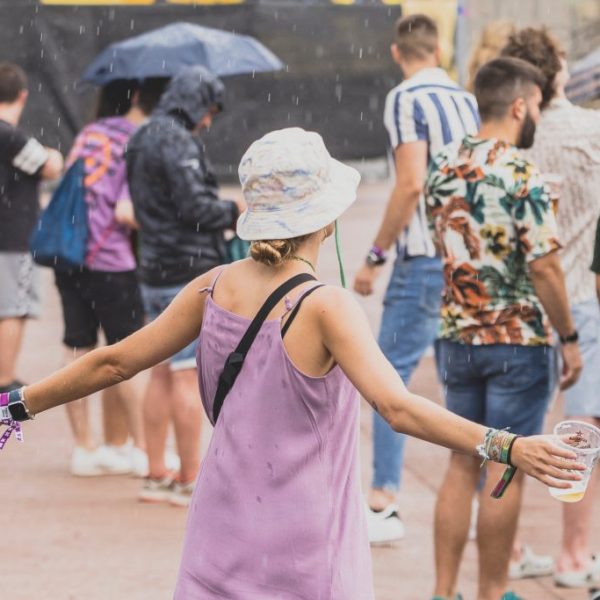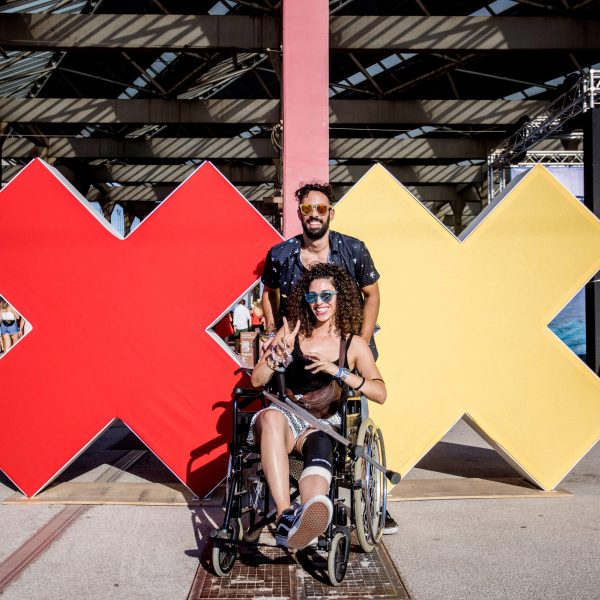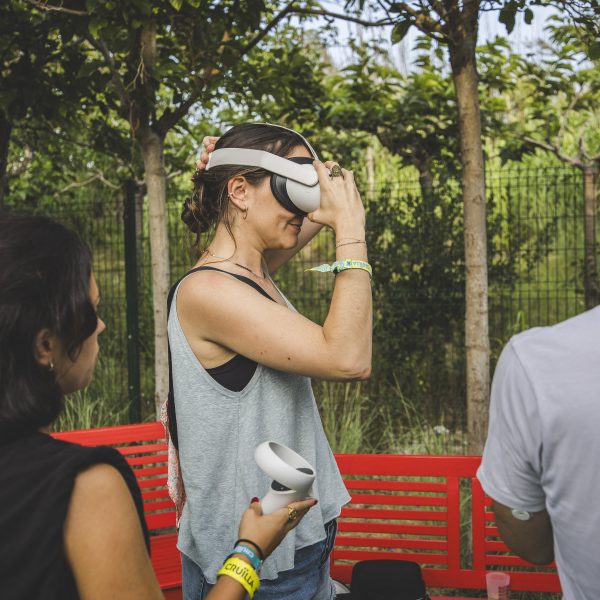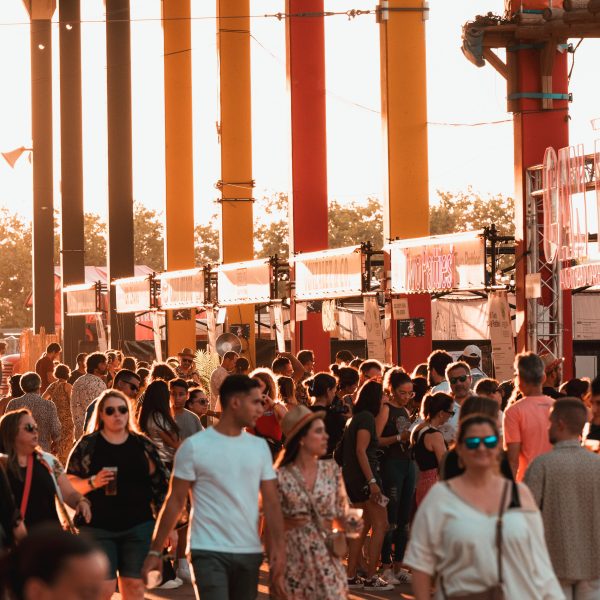![]()
![]()
![]()
![]()
We are circular by principle and regenerative by conviction!
The mission of the Festival Cruïlla is to create a meeting place for the cultural and social diversity of Barcelona and that sustainability and care for the environment are part of its DNA. We believe that big events have to tend towards a model of festivals aimed at local audiences, committed to the territory, citizens, the environment and innovation and we want to be pioneers.
We work on different aspects in order to reduce our impact, which is improving year after year. Now, our strategy is focused on reducing waste generation, with the aim of being a circular, regenerative and committed festival that unites culture, community and positive impact and that not only reduces impacts but also distributes value and inspires change.
We understand sustainability as a real and transversal commitment that has to be part of all the festival’s decisions, that’s why our actions go from planning to dismantling and from the way we move to the way we eat. With a local look and a global action, we make the festival a living, sustainable and purposeful space based on practices that reduce our environmental impact and generate social return.
That is why we have created the Cruïlla 2025 Sustainability Plan, which focuses on three major challenges:
🌍 Reducing emissions and environmental footprint
🔁 To grow the circular economy within the festival
🫶 Promote a fairer, more accessible and committed culture
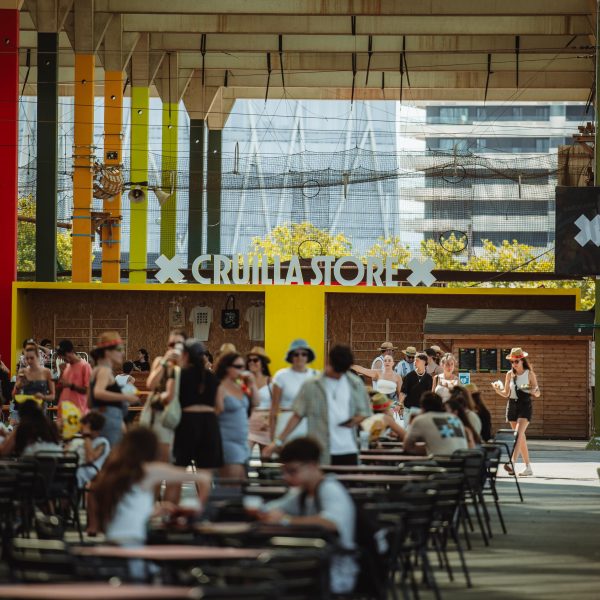
Merchandising
That's how you can show off your festival in the most sustainable way possible!

Local community and natural environment
We take care of Barcelona and reduce our impact on it!
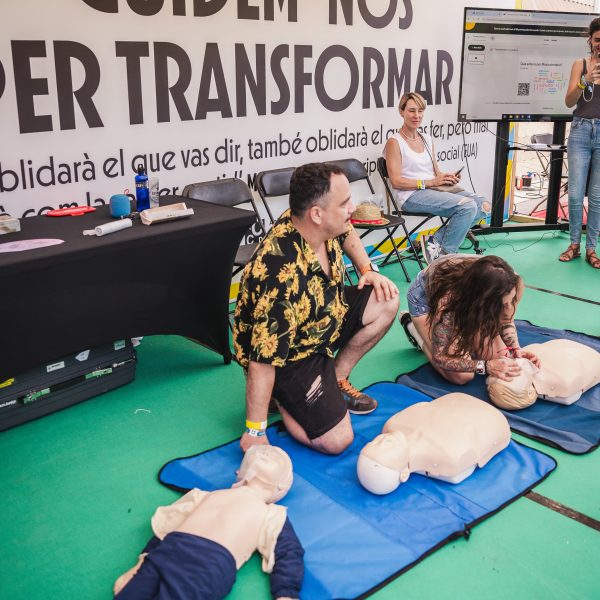
Social Commitment
This is the Social Commitment of the Festival Cruïlla with our public!
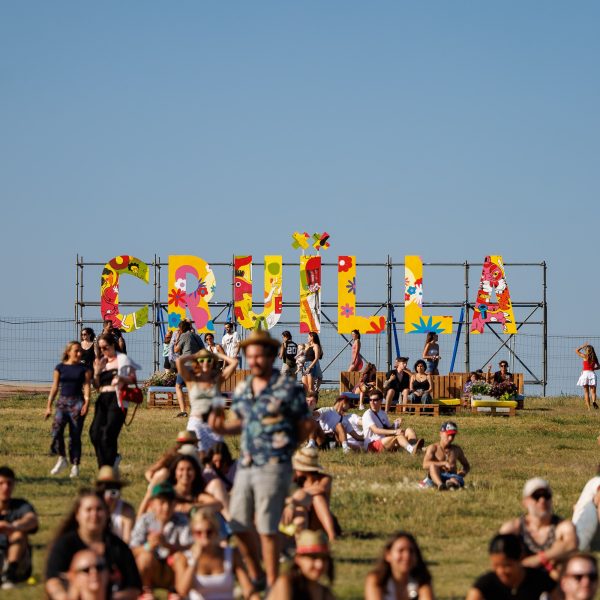
Green Rider
This is the good practice guide that we implement in relation to artists!
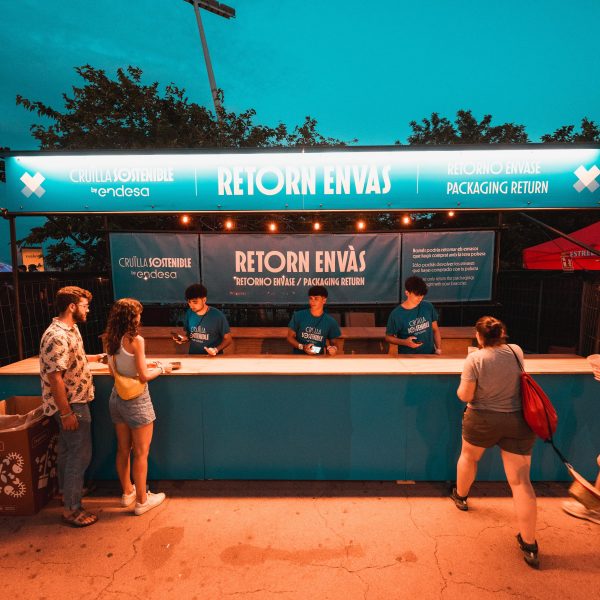
Sponsors and alliances
This is how we ensure the sustainable behavior of our collaborators!
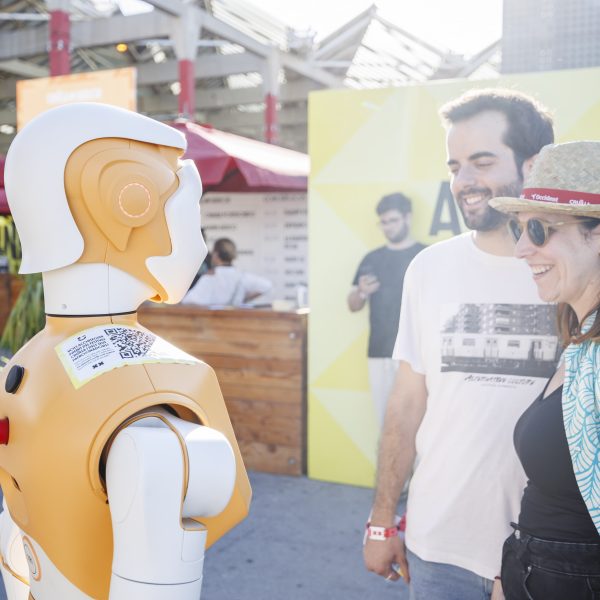
Carbon footprint and climate change
We study our carbon footprint so that we can continue to reduce it!

Memory and continuous improvement
What will we do to be more sustainable in future editions?
